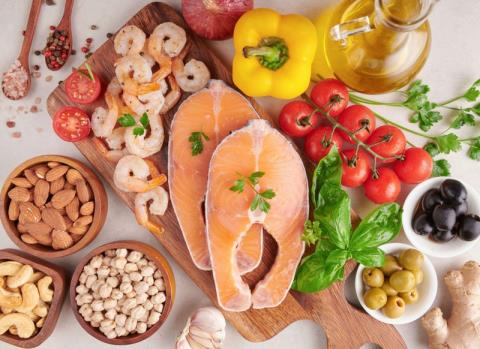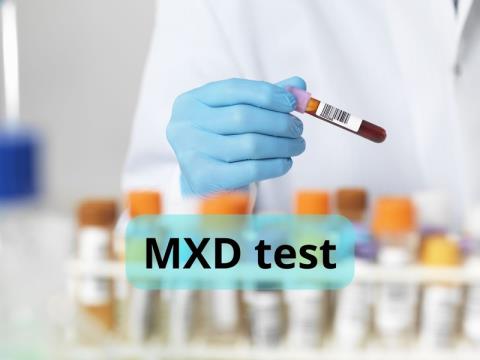Sweet potatoes are a nutrient-rich food known for their health benefits, such as clearing heat, detoxifying the body, and improving blood circulation. They are widely used in daily meals and are often recommended for postpartum women. However, can women after cesarean section eat sweet potatoes? Let’s explore this question in detail.
Can Women After Cesarean Section Eat Sweet Potatoes?
Sweet potatoes are packed with essential nutrients like vitamins A, C, B6, and minerals such as zinc, iron, and antioxidants. These nutrients help with digestion, prevent obesity, and detoxify the body. While sweet potatoes are beneficial for women who give birth naturally, the situation is different for those who undergo a cesarean section.
After a cesarean section, the body requires more time to heal compared to a vaginal birth. The digestive system is also more sensitive during this period. Eating sweet potatoes can cause abdominal pain, diarrhea, and other digestive issues, which may negatively affect the healing of the surgical wound. Additionally, sweet potatoes can lead to patchy scars and prolong recovery time.
Doctors recommend avoiding sweet potatoes immediately after a cesarean section until the wound is fully healed.
Why Should Women Avoid Sweet Potatoes After Cesarean Section?
Here are the main reasons why sweet potatoes should be limited after a cesarean section:
- Digestive Issues: Sweet potatoes can cause bloating, diarrhea, and abdominal pain, which may strain the incision area.
- Delayed Healing: The high sugar content in sweet potatoes can slow down the healing process of surgical wounds.
- Risk of Infection: Frequent bowel movements due to diarrhea can increase the risk of wound infection.
When Can Women Eat Sweet Potatoes After Cesarean Section?
After a few weeks, when the wound has healed significantly, women can gradually reintroduce sweet potatoes into their diet. However, it is essential to consume them in moderation and ensure they are cooked properly to avoid any adverse effects.
Vegetables That Are Good for Post-Cesarean Recovery
While sweet potatoes may not be ideal immediately after a cesarean section, there are plenty of other nutritious vegetables that can aid in recovery. Here are some excellent options:
| Vegetable |
Benefits |
| Spinach |
Rich in iron and collagen-boosting nutrients, spinach helps heal wounds and stabilize cholesterol levels. |
| Asparagus |
Known for its anti-inflammatory properties, asparagus supports milk production and boosts the immune system. |
| Bean Sprouts |
Packed with amino acids, calcium, and antioxidants, bean sprouts promote skin health and bone strength. |
| Gourd Vegetables |
These vegetables have cooling and detoxifying effects, helping reduce constipation and headaches. |
Spinach: A Superfood for Postpartum Recovery
Spinach is a top choice for postpartum women due to its high iron content and ability to promote collagen production. It helps prevent infections and speeds up wound healing. Spinach can be used in soups or stir-fries, but it should be consumed in moderation.
Asparagus: A Natural Milk Booster
Asparagus is highly effective in stimulating milk production and reducing inflammation. It is also beneficial for heart health and the digestive system, making it an excellent choice for post-cesarean mothers.
Bean Sprouts: For Skin and Bone Health
Bean sprouts are rich in vitamins E and C, which help improve skin texture and reduce dark spots. They also support bone health, making them ideal for postpartum recovery.
Gourd Vegetables: Cooling and Detoxifying
Gourd vegetables have a sweet taste and cooling properties that help detoxify the body and reduce itching. Regular consumption can alleviate constipation and headaches.
Conclusion
While sweet potatoes are highly nutritious, women after cesarean section should avoid them until their wounds are fully healed. Instead, focus on other nutrient-rich vegetables like spinach, asparagus, bean sprouts, and gourd vegetables to support recovery and overall health. Once the healing process is complete, sweet potatoes can be reintroduced into the diet in moderation.
For more information on postpartum nutrition, check out our guide on 5 vegetables for mothers giving birth.










